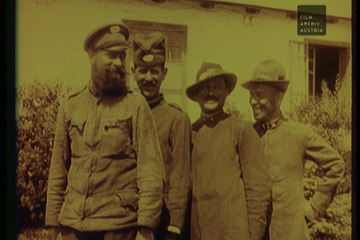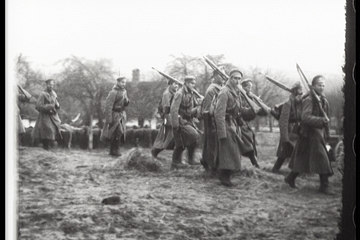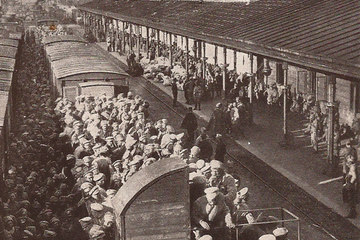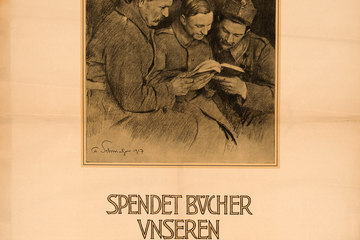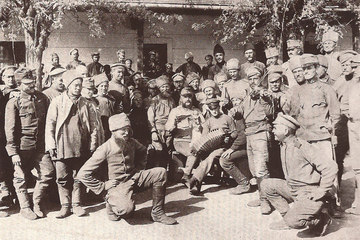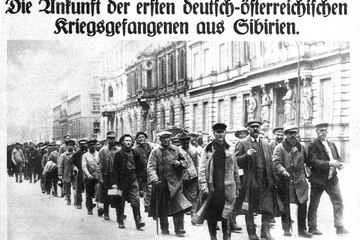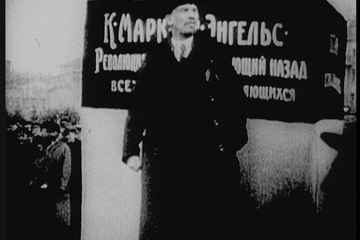‘In the Hands of the Enemy’ – Prisoners of War in the First World War
Never before were so many soldiers mobilised, and never before had so many of them ‘fallen into the hands of the enemy’. The military administrations were many times not up to the challenge of having to provide for millions of foreign soldiers over a period of years. Frequently catastrophic conditions prevailed at the locations where the prisoners of war were held. The situation mainly improved because a majority of the prisoners left the original places of accommodation: ever greater numbers were deployed in various economic areas as labour. In the course of the prisoners of war working, closer contacts were in part established with the local population. Under such circumstances the effects of the hostile image as had been consciously reinforced by propaganda were reduced. In the respective ‘taker states’, the prisoners of war became witnesses to revolutions and the collapse of the old monarchies. These experiences left their mark on the men in a variety of ways long after the war had ended.


